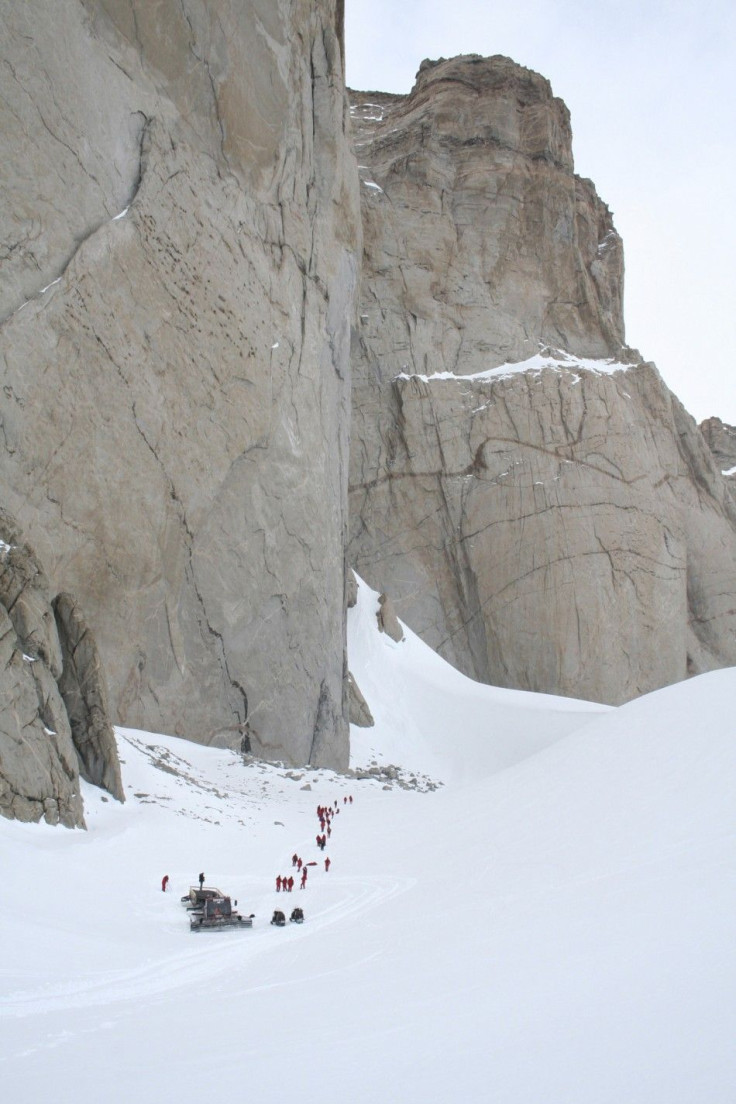Trapped Antarctic Lake Could Hold Clues on How Life Evolved

A team of British scientists will travel to Antarctica later this month, hoping to discover forms of life that could have been trapped in a lake buried under 2 miles of ice, the BBC reports.
Researchers believe the lake, which has remained covered with a thick layer of ice for up to a million years, holds unique microorganisms that might provide clues about how life evolved on Earth and possibly other planets.
Researchers from the British Antarctic Survey are preparing to leave for Lake Ellsworth and commence drilling operations to break through the thick layer of ice. The team is led by an expert from the University of Edinburgh and will take approximately 70 tons of equipment with them.
To prevent contamination of the lake, the researchers will test the water and sediment with a titanium probe that was made using space-industry standard clean technology, according to a release from the Lake Ellsworth project.
The main purpose of the project is to determine what forms of life that might exist in the cold, pitch-black environment of the buried waters, said David Pearce, science coordinator of the survey group.
Finding life in a lake that could have been isolated from the rest of the biosphere for up to half a million years will tell us so much about the potential origin of and constraints for life on Earth, added Pearce. He also suggested that the study could provide insights into the evolution of life in extraterrestrial environments.
If we find no life, then the finding will be even more significant because it will define limits at which life can no longer exist on the planet, explained Pearce.
The team members will live in tents for three months and face temperature conditions of -25C. They will use a special hot-water drill to reach the lake. As many as 24 water samples are expected to be collected, using a 5-meter long probe, from different depths. The team will also take a 3-meter core from the sediment.
From the past 15 years we were planning to discover this hidden world. But now because of technology we have the expertise and equipments to drill the Antarctica's thickest ice and collect samples without contaminating the water, said Professor Martin Siegert, the team's principal investigator.
Lake Ellsworth, under the West Antarctic Ice Sheet, is one of 387 known subglacial lakes. It will be the first lake to be sampled for signs of life. The lake itself is 10 km long and 2 to 3 km wide and is approximately as large as Lake Windermere - England's largest lake.
In a related event, a team of Russian scientists who were planning to undertake a similar expedition over Lake Vostok in East Antarctica have been forced to wait until December, following inclement weather conditions.
© Copyright IBTimes 2024. All rights reserved.





















